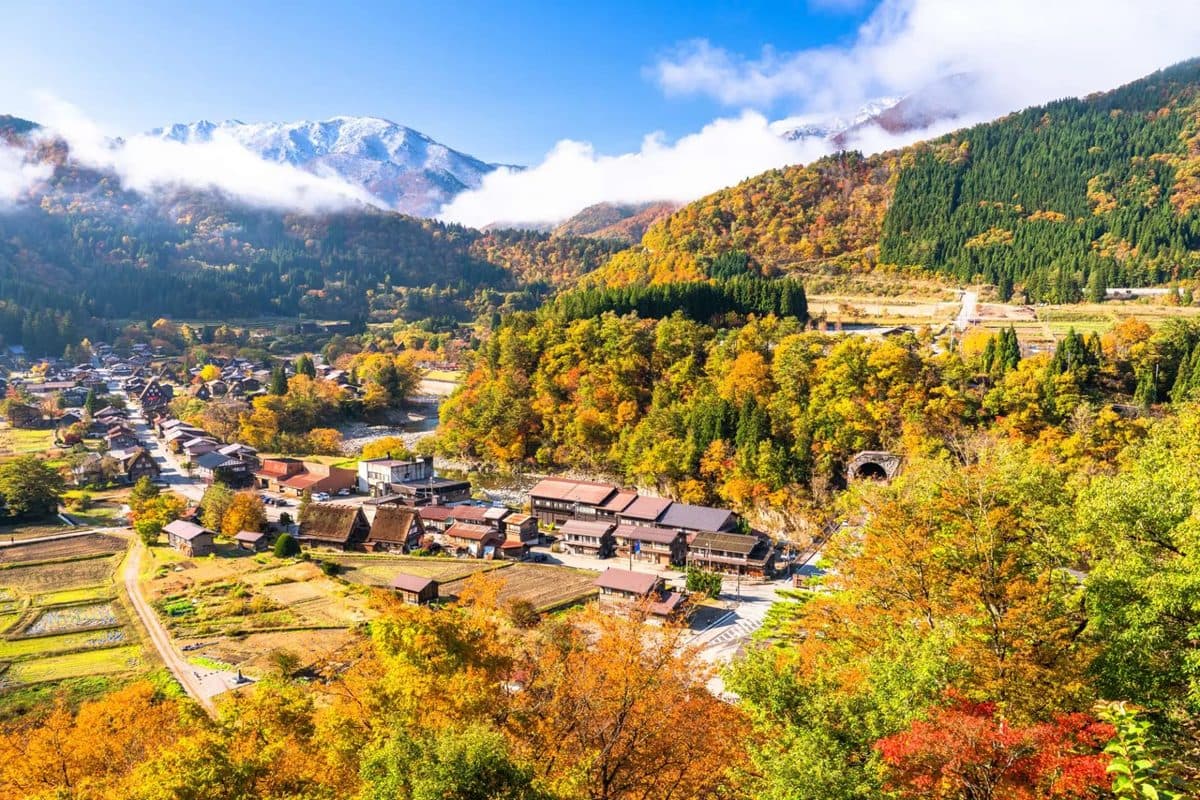D
0 min readBy Destinations.aiPublished: November 02, 2023Last modified: February 01, 2024

Plan Your Perfect Trip with AI
Get personalized travel recommendations and answers to your questions with our Next-Gen Travel Search.
Try AI Travel PlannerComments
Recent Articles

15 Most Beautiful Villages in Asia: Hidden Gems You Need to Explore in 2025
6/23/2025

10 Indigenous Food Experiences in Oaxaca: Authentic Culinary Journeys Through Mexico’s Cultural Heart
6/23/2025

10 Floating Seafood Farms Tours in Vietnam: Experience Fresh Catches and Cultural Immersion in 2025
6/22/2025
Plan Your Perfect Trip with AI
Get personalized travel recommendations and answers to your questions with our Next-Gen Travel Search.
Try AI Travel Planner